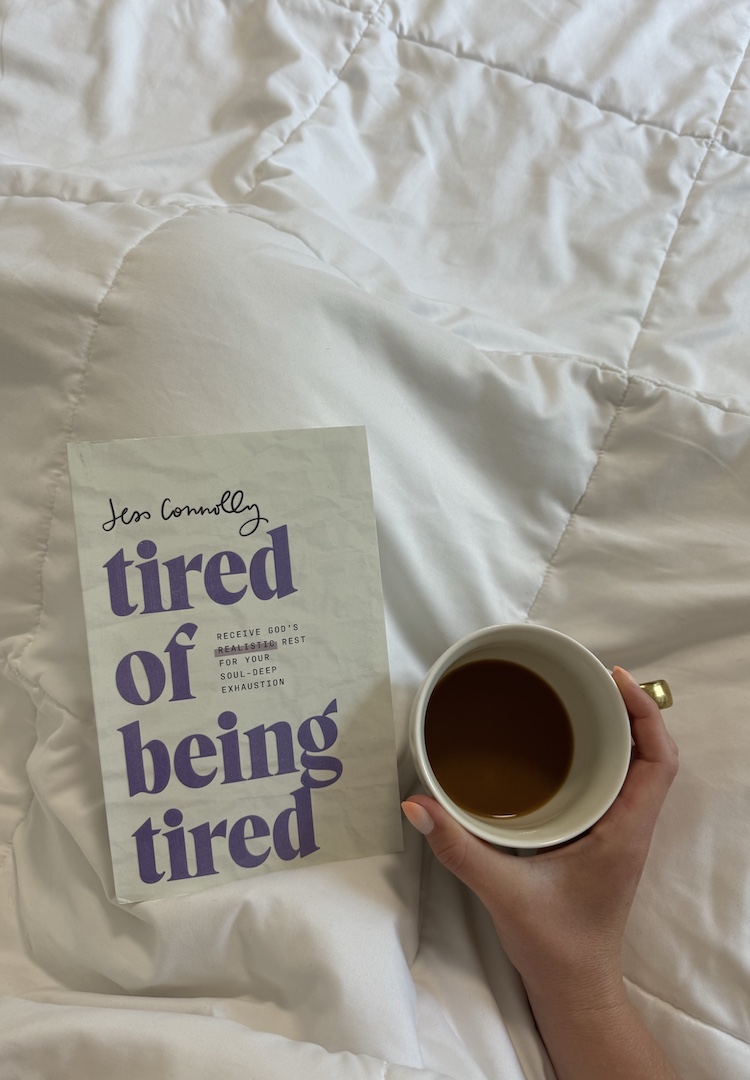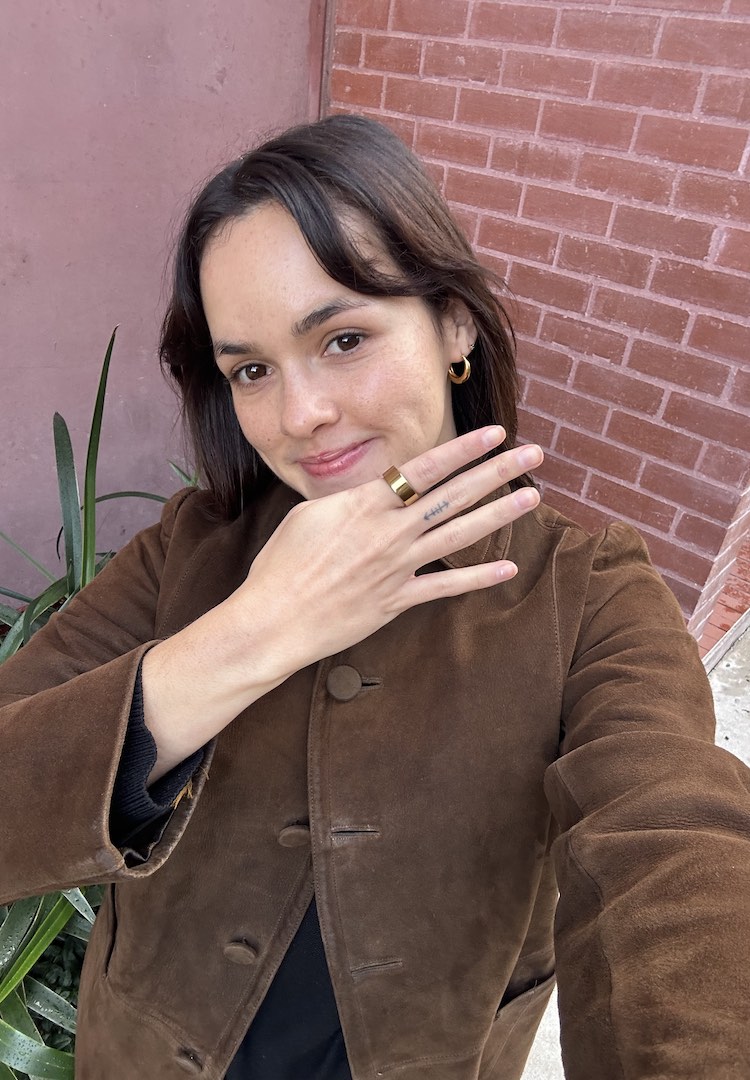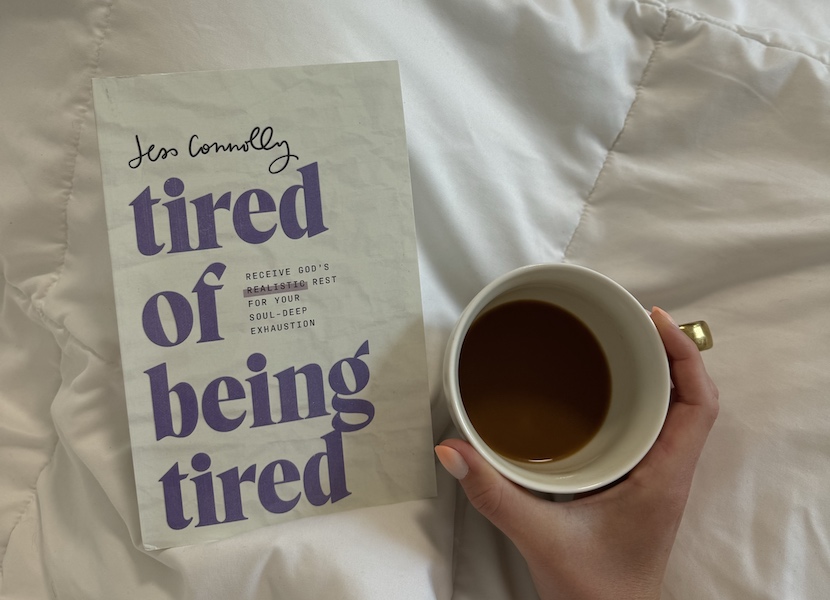Can cognitive shuffling help me get to sleep faster?
WORDS BY DAISY HENRY
“It’s like giving your mind a puzzle to distract you from stressful thoughts and promote relaxation.”
I used to pride myself on being a great sleeper. It would usually take me a couple of minutes to fall asleep, at most. I could flake it on planes, long car trips, and overnight trains. Wherever I was, I could always trust myself to get in a few good hours of sleep when needed.
That was until recently. I’ll never know what exactly changed (perhaps it’s simply a sign of second puberty or becoming a chronic overthinker), but my relationship with sleep has taken a full 180. I often find myself lying in bed with my mind racing, creating an endless to-do list of tasks, or wondering what people from my high school might be doing now.
For more perspectives on wellness, head on over to our Health section.
I place a lot of importance on a good night’s rest, so fixing it has become my top priority. After some browsing on TikTok for answers (because, of course), I came across the ‘cognitive shuffling‘ sleep trend. It’s dubbed a science-backed, doctor-approved sleep hack that promises to help you get fast.
To break down the ins and outs of cognitive shuffling, I enlisted the expert advice of sleep doctor and psychiatrist, Dr Nishi. A devotee to all things sleep, Dr Nishi’s private practice, Pacific Integrative Psychiatry, is dedicated to helping adults improve their sleep health. When it comes to cognitive shuffling, she says it can be a helpful tool for anyone who finds themselves with an overactive mind at night (so, presumably you too, if you’re reading this).
What is cognitive shuffling and how can it help you fall asleep?
The term ‘cognitive shuffling‘ was first coined by Dr Luc Beaudoin, an adjunct Professor in cognitive science at Simon Fraser University around 40 years ago. Faced with his own Sunday scaries, Dr Luc Beaudoin seemingly cured his own insomnia.
“It’s a technique used to help people fall asleep by distracting their mind from the things that make it hard to fall asleep,” Dr Nishi tells me.
By scrambling your thoughts, cognitive shuffling helps send a signal to your brain that you’re ready to fall asleep. According to Dr Nishi, it distracts your mind from focusing on planning, scheduling, problem solving, ruminating and other thought patterns that can make you feel alert. It usually involves thinking of random words, with no emotion or personal meaning attached.
You start by picking a neutral word and then start with the first letter of that word, and thinking of another word beginning with the same letter.
What’s an example of cognitive shuffling?
To begin, you need to pick a neutral word, like ‘Bedtime’. Start with the letter ‘B’, and think of another word beginning with ‘B’, then imagine that item. “For example, you might come up with “banana”. Then, imagine yourself eating a banana,” Dr Nishi says. “Now think of another word beginning with B. For example, ‘ball’. Imagine a ball rolling down the hill.”
When you run out of words beginning with that first letter, you can move onto the next. In this case, the next letter would be ‘E’, followed by ‘D’ and so on. “If you’re still awake by the time you reach the last letter, choose another neutral word and continue the process.”
Who might cognitive shuffling be helpful for?
According to Dr Nishi, cognitive shuffling is a useful tool for anyone who tends to have an overactive mind at night. If your find your thoughts racing, or if you experience anxiety surrounding sleep, then it’s a helpful way to distract your mind and doze off easily.
“Cognitive shuffling [can be] effective for insomnia,” she adds. “It distracts the mind from anxious or racing thoughts by jumbling up mental imagery, helping the brain ease into sleep. It’s like giving your mind a puzzle to distract you from stressful thoughts and promote relaxation.”
However, everyone is different. “Give cognitive shuffling a try and see how it works for you,” she says. “[But] if you don’t find it helpful, or if you struggle with thinking of words and images, don’t worry about it. There are lots of other tools available.”
If you do have trouble getting to sleep, and no amount of TikTok advice is helping, then Dr Nishi suggests consulting the help of a trained sleep physician, sleep psychologist or sleep coach for some one-on-one advice. After all, one thing we all have in common is that we need a good nights rest.
For more on cognitive shuffling, try this.













